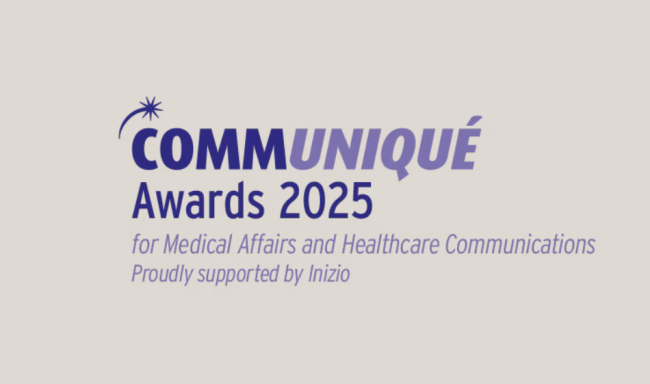Recruitment for a study on what social cognition looks like in everyday relationships.
Specialist Occupational Therapist, Alex Fisher launched a study last year to discover how social cognition looks in relationships using 'ethnography' rather than in controlled environments. She took the idea to HD Voice to ensure that the study was valuable to them and the Huntington's disease community.
The aim was to look at people who fit the following:
-
May be impaired in cognitive or communication skills
-
May have problems in daily living skills
-
Social anxiety or don't know that there's a problem
-
Are reliant on already overstretched companions
-
There are tensions in the relationship
What is ethnography
In layperson's terms it means 'hanging out'. Ethnography has value to communities, it's where the community is, it stresses the importance of your story, it does not need to be verbal and is flexible and informal to allow participation.
In this study, Alex will essentially hang out with you, in your environment. If this means coming into your home, having a cup of tea and and seeing what you get up to, this is part of the social observation. The approach is flexible and laid back rather than an interview format. This works well especially where there are people with communication difficulties as there is no pressure to communicate as they can show how they socialise and engage in different ways.
Who can take part?
Although the study is underway, Alex is still looking for people to recruit more participants. She is especially looking for stories from younger people and people from other ethnic groups.
You can take part in the study if you:
-
Have Huntington's disease and can take part with a companion
-
You are a former close companion of someone with Huntington's - maybe you have a story to share about social cognition about someone who is no longer here
-
A carer for someone with Huntington's disease and the person you care for
If you are interested in taking part please email Alex:
The study and results so far
One person from the study said that it has been therapeutic to them and another said that they heard things about how their partner felt that they did not know.
Another participant said:
"It's so important that the impact of (social) cognition is captured - it's the hardest thing."




